Pourriez-vous vous projeter dans un monde où les satellites n’existaient pas ?
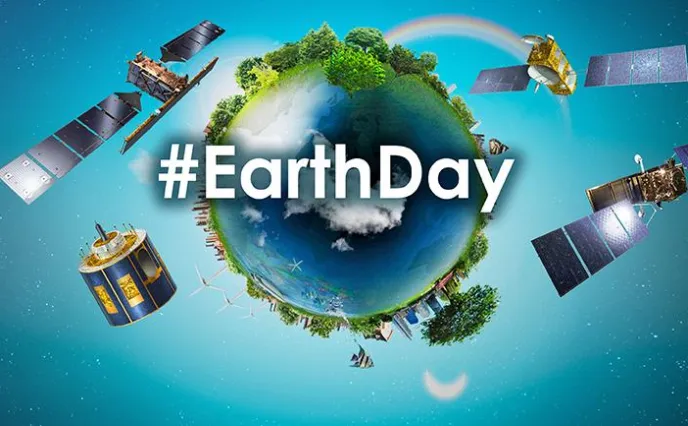
Pourriez-vous vous projeter dans un monde où les satellites n’existaient pas ?
And if people on Earth weren’t connected…?
“Hello, I’m lost!” No satellites, no GPS…
First of all, in a world without satellites, forget about your friendly GPS. If you want to get somewhere in your car, unless you have a really good sense of direction you’ll have to go back to that terribly 20th century technology: the map! And of course, once you unfold it, you can’t see your steering wheel or through the windshield any more… To find your Route, you’ll be going back to your Roots!
More seriously, while GPS (Global Positioning System) is the current market standard, in Europe we will shortly have access to an advanced satellite positioning system called Galileo. Since 2007, in fact, we have already had a system called EGNOS, a “navigation overlay” system that improves the positioning performance of the GPS constellation of satellites.
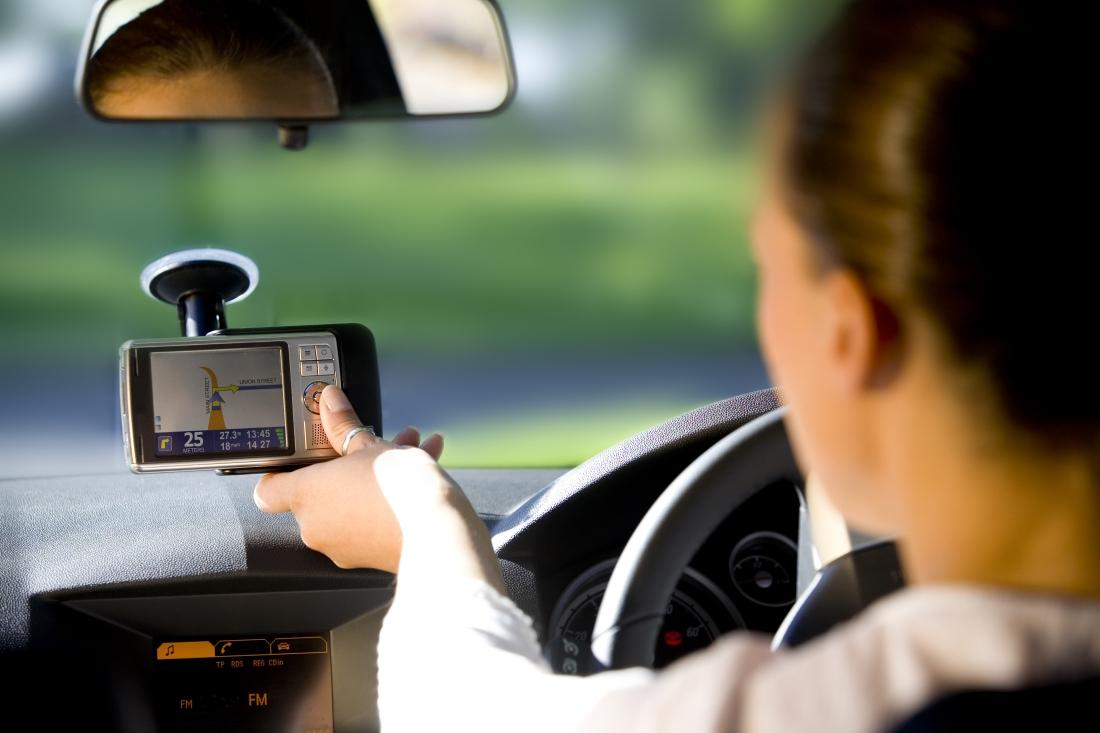
This system, mainly operated for civil aviation applications, is used by pilots throughout Europe to guarantee precision landings under any weather conditions, without requiring any special infrastructure at airports.
EGNOS was developed by Thales Alenia Space starting over 15 years ago. It also provides a positioning service with accuracy to within a meter, widely used by farmers to keep furrows on the straight and narrow!
Thales Alenia Space is also studying services for maritime, rail and road users, to be available in a few years, along with a version of EGNOS compatible with Europe’s Galileo system.
“Hello, hello?” No dial tone… Bridging the digital divide
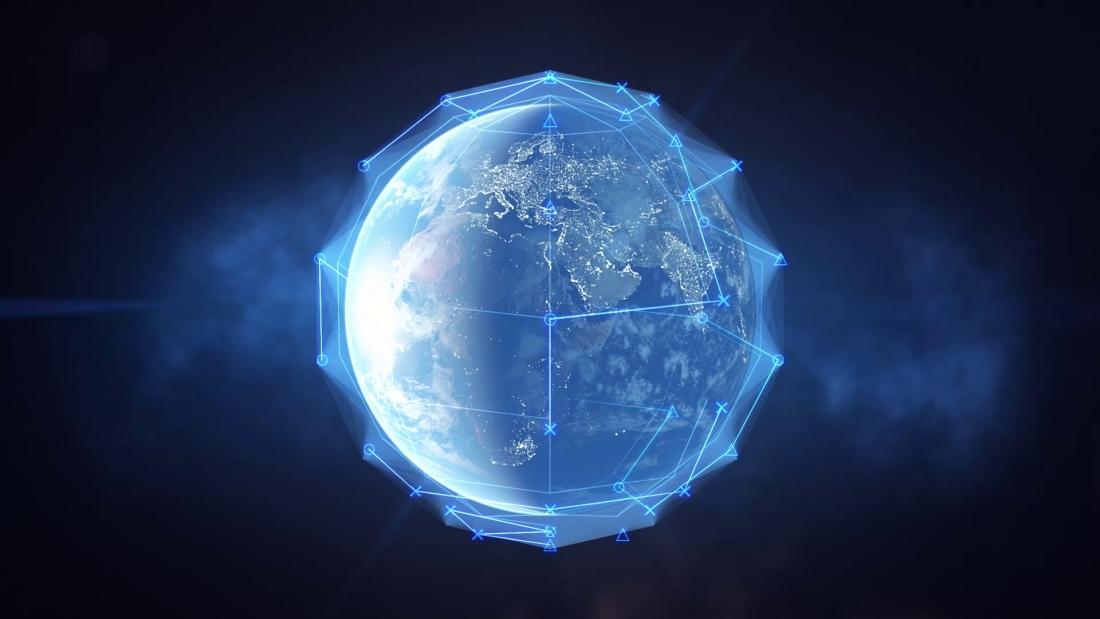
Luckily, satellites reach just about everywhere today! In certain isolated parts of our planet, satellites provide inhabitants with access to telephone service, 4G/5G, broadband and more. Thales Alenia Space is the prime contractor for several generations of telecom satellite constellations in low Earth orbit, and a leading supplier of systems for mobile telephony and broadband internet around the world [Iridium NEXT, O3B and Globalstar]. In fact, without these telecom satellites, we would no longer be able to see major sports events live from halfway around the world. Not that long ago, if you wanted to see a World Cup soccer match, you had to wait for the game films to be air shipped back to your country to see them on TV. Without satellites, we wouldn’t have much choice in our television programs either, because there would be no more direct-to-home broadcasting, and cable operators would no longer have easy access to such a wide variety of channels. Likewise, without satellites over-the-air re-transmitters would no longer work, and this would have a huge impact on telephone and data transmissions, limiting them to land lines and submarine cables. In other words, forget about your broadband connection and multimedia links, and welcome back your favorite fax machine!
“Hello, what’s the weather today?”
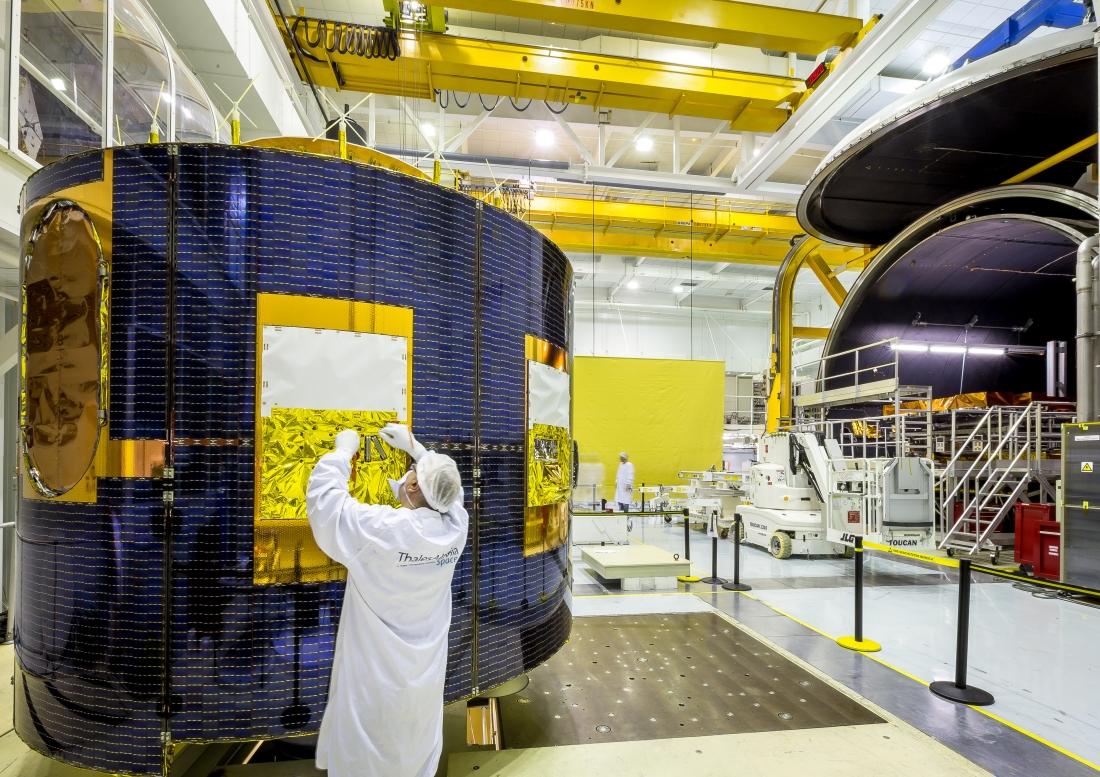
Let’s say you’re about to take a vacation, and you’d like to know what kind of weather you should expect… Without satellites, impossible to know what the weather will be a few days from now… unless of course you consult your friendly crystal ball! With the first-generation Meteosat weather satellites, weather pictures were updated every 30 minutes. This was cut in half to 15 minutes on the second generation of Meteosat satellites, and with MTG (Meteosat Third Generation), images are now updated every ten minutes, making weather forecasts more reliable than ever. In addition to these images, MTG satellites are also fitted with atmospheric sounders, for even higher accuracy. All of these European weather satellites were built by Thales Alenia Space as prime contractor.
“Hello – Earth speaking?”
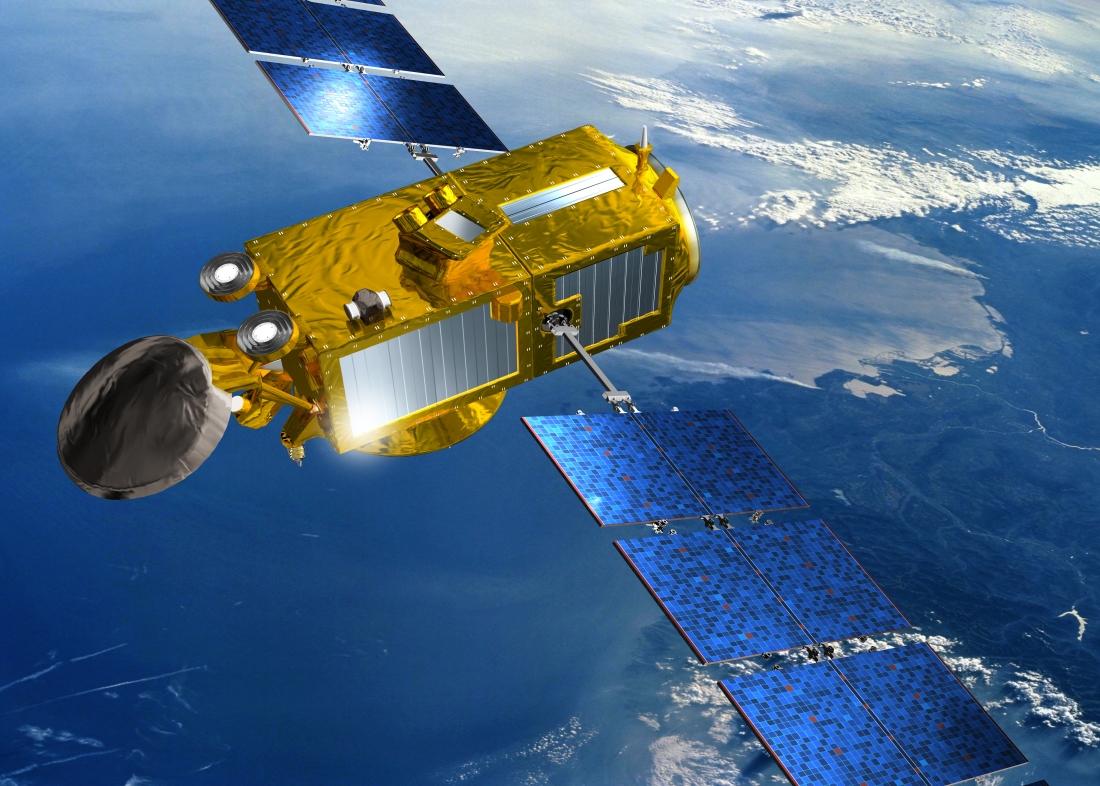
With #EarthDay just around the corner, it’s hard to talk about satellites without also mentioning environmental monitoring. Once again, satellites play a vital role, since the data they gather help us keep an eye on our environment. Just to take one example, a team of satellites, Jason -2 and -3), Sentinel -1 and -3) – all built by Thales Alenia Space – helped keep a friendly eye on the skippers in the 2016-17 Vendée Globe, a solo, round-the-world sailboat race!
Back on dry land, Italy experienced a number of earthquakes last year. In response to a request from Italian authorities, the Emergency Management Services of the European environmental monitoring program Copernicus were activated to evaluate the damage caused by these tremors. The Sentinel-1 and COSMO-SkyMed satellites were requisitioned as an emergency measure to supply detailed images of the areas damaged by these earthquakes. Since both of these birds are equipped with synthetic aperture radars (SAR), they can see through clouds, day or night, and under any weather conditions. They were able to measure movements on the ground to within a centimeter!
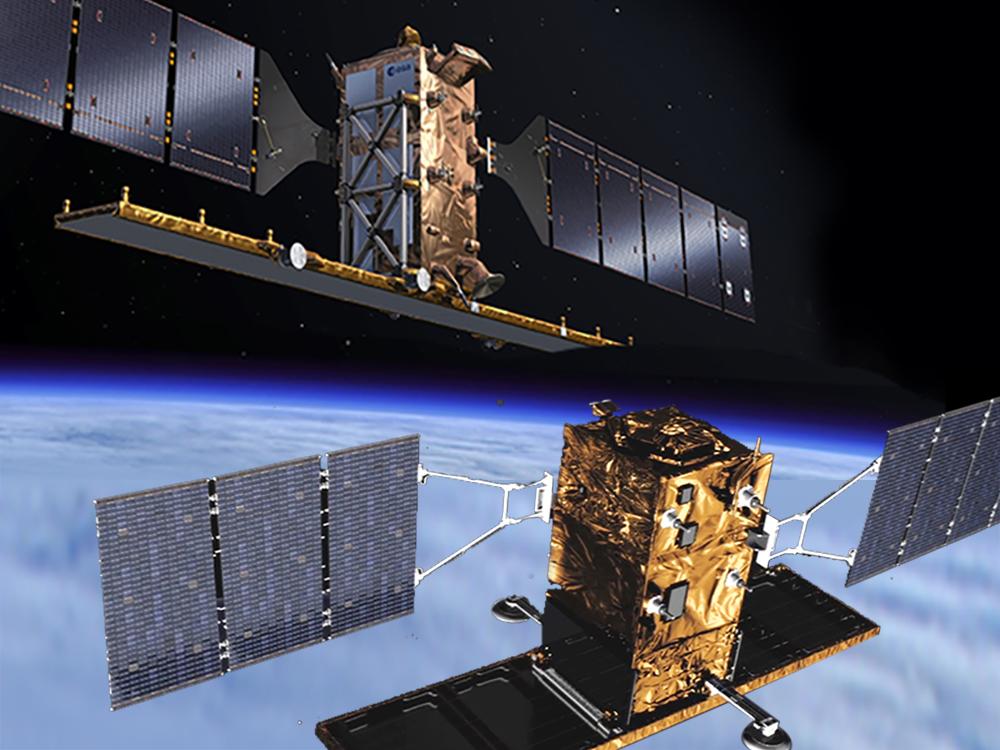
Floods, earthquakes, fires, volcanic eruptions…. don’t forget that major natural disasters like these also cut off communications down on Earth, making satellites indispensable!
Copernicus and the dance of the Sentinels
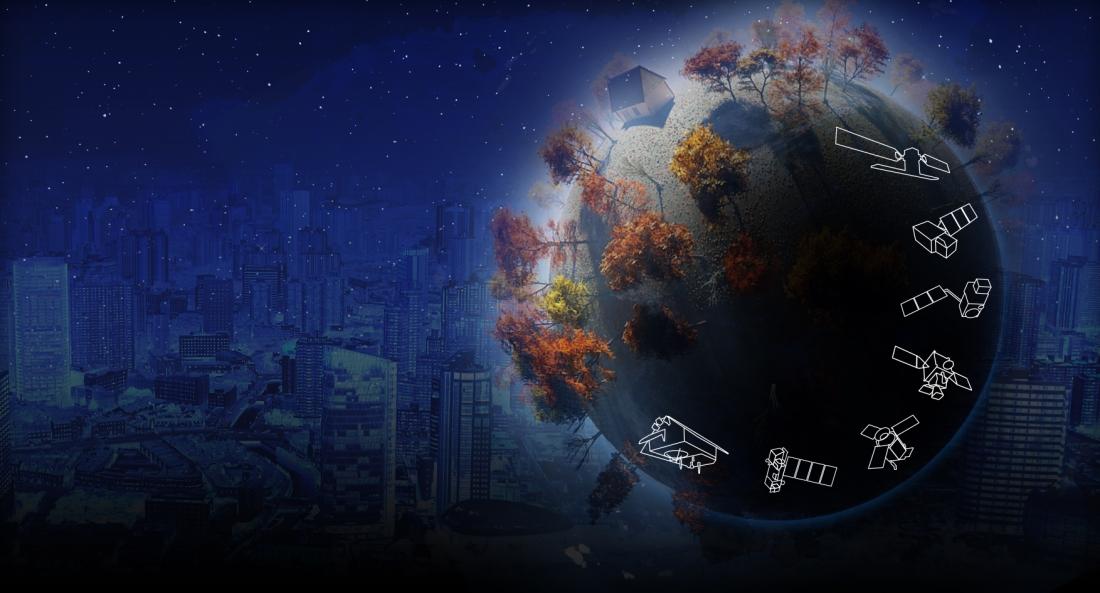
The family of Sentinel satellites, developped for the European Space Agency in the European Union’s Copernicus program, plays a vital role in Europe for environmental monitoring. There are six series of satellites in the family: Sentinel-1 provides radar data continuity with ERS and Envisat; Sentinel-2 and -3 are dedicated to monitoring the land and oceans; Sentinel-4 and -5 are designed for meteorology and climatology missions; and Sentinel-6 will provide operational continuity with the space altimetry missions of the Jason family of satellites. Thales Alenia Space is one of the leaders in this ambitious environmental monitoring and management program, as prime contractor for the Sentinel -1 and -3 families (4 satellites per family), in charge of the Sentinel-2 image ground segment, and manufacturer of the Poseidon-4 radar altimeters for the Jason-CS/Sentinel-6 mission.
#EarthDay
As we are about to celebrate the annual Earth Day event in honor of environmental protection, Thales Alenia Space wanted to share its passion for space and the benefits of space with its followers on social networks, and raise their awareness of the importance of satellites, which facilitate our daily lives while keeping a benevolent eye on our Planet. #EarthDay
#EarthDay artistic view: ©Thales Alenia Space/Briot

